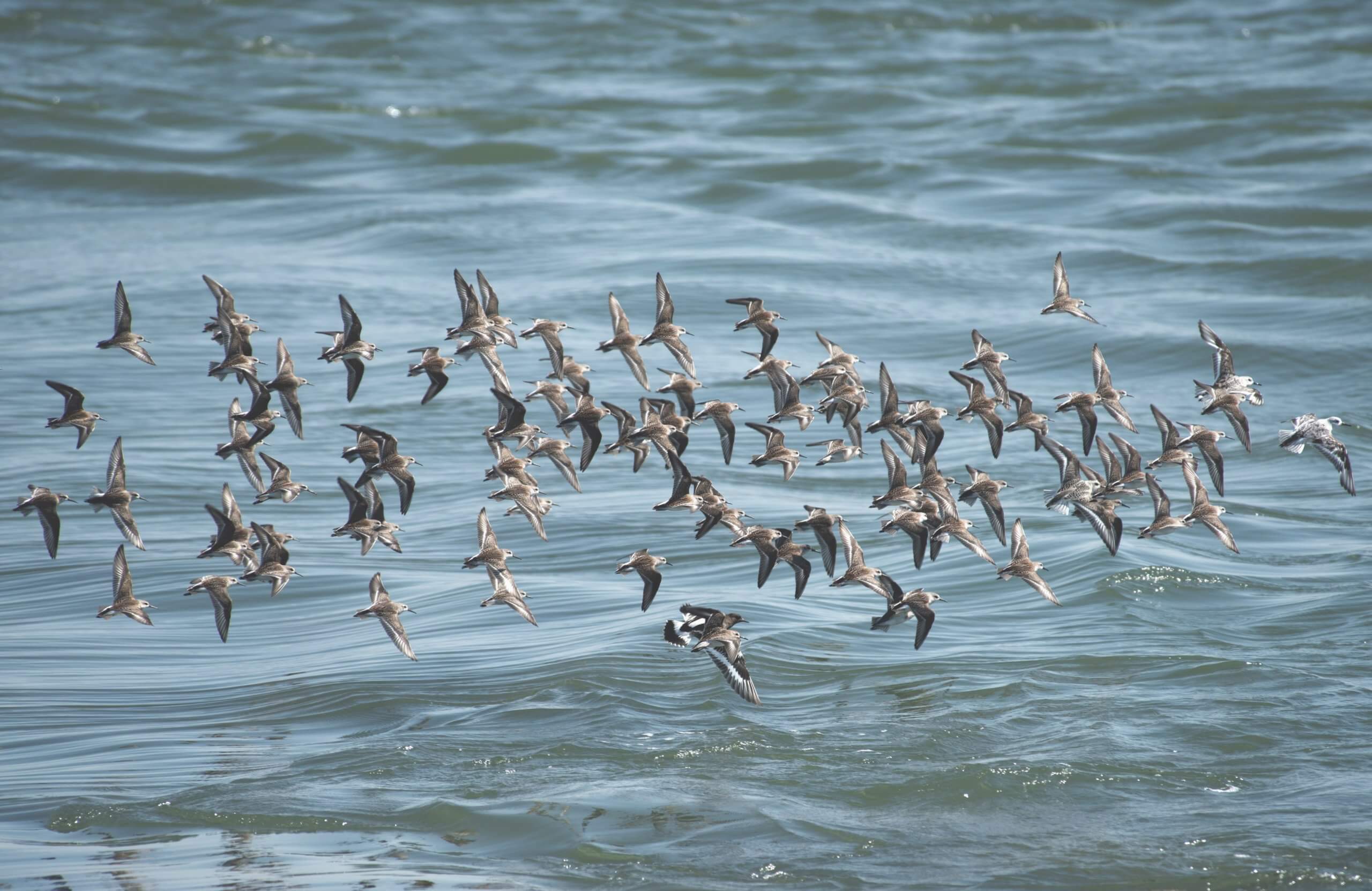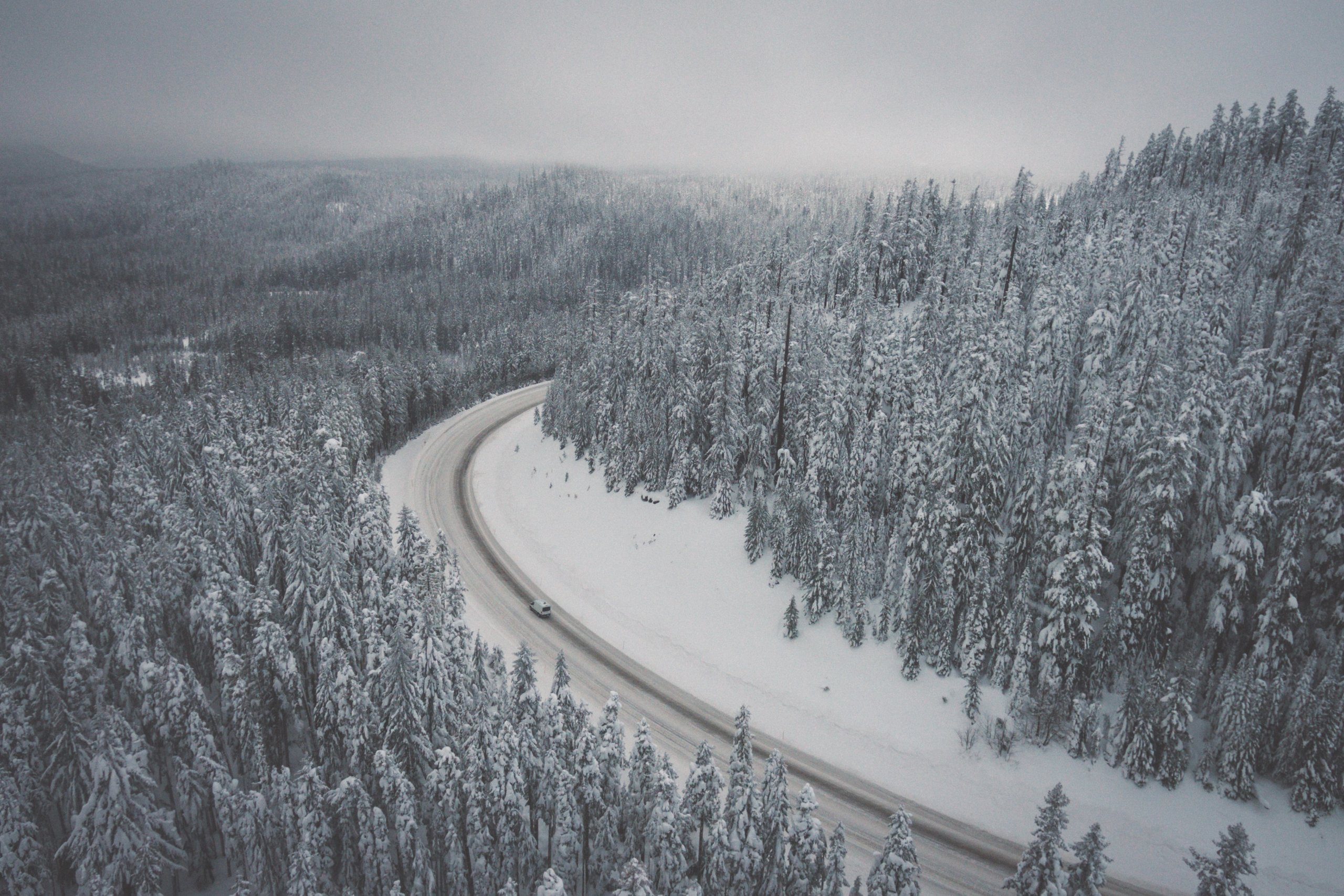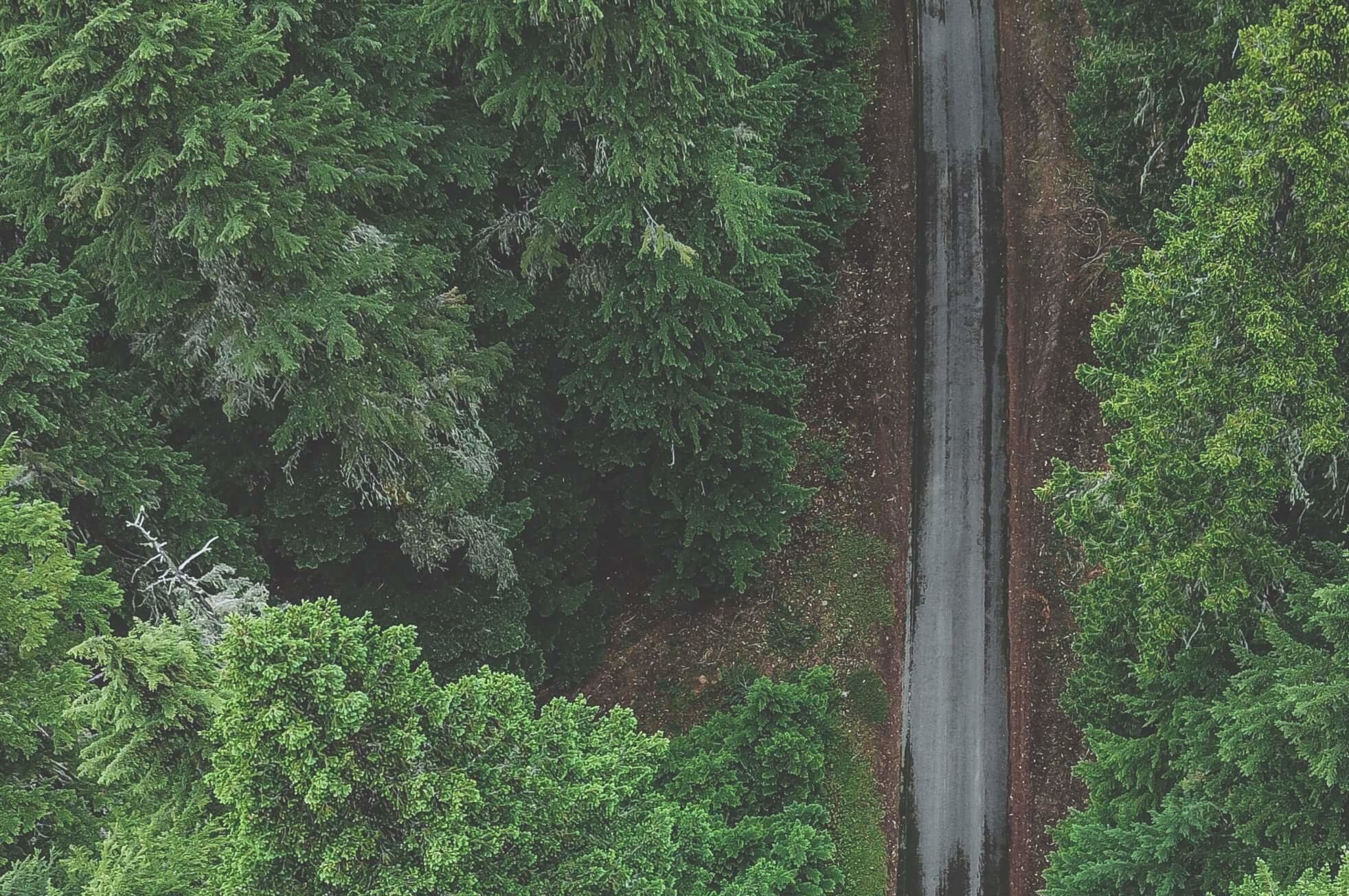Am I a scientist? I have a Ph.D. in ecology, but I don’t do primary research. In the eyes of some of my scientist-colleagues, I’m not the real deal. At COMPASS, my job is to harness the power of the collective voice of science. Ideas that have the power not only to inform, but to transform conversations, especially in the policy arena. Doing synthesis is doing science. So, of course I am a scientist.
What does synthesis mean to me? To some, synthesis means data crunching and meta-analysis, and these are both powerful and much-lauded aspects of science synthesis. But there’s also another dimension: conceptual synthesis. By weaving individual threads of scientific ideas together, we can step back to look at the whole tapestry. And by stepping back, we sometimes see something we had not seen before – a whole new picture. Can we describe that new picture in a compelling way that resonates with audiences we’re trying to reach? Does it get us any closer to answering “so what?”
A recent symposium at NCEAS (National Center for Ecological Analysis and Synthesis) brought together la crème de la crème of the ecological science community to reflect on NCEAS’ contributions over the past 15 years and to construct a vision for the future – NCEAS 2.0. In an inspiring keynote, Jane Lubchenco emphasized the importance of science in service to society. “Relevance is not a 4-letter word,” she said. Science can be both relevant to real-world issues and cutting-edge.
NCEAS has been a place where scientists dared to tackle big, challenging questions, and this legacy will continue at the new SESYNC (Socio-Environmental Synthesis Center) in Maryland, and like-minded institutions. The sticky, global challenges we face today clearly require collaborations among a wealth of perspectives. Interdisciplinary science is becoming more the rule than the exception. But synthesis can offer something more, and this is where COMPASS comes in.
Spanning the worlds of science, policy, and communications, we have a unique perspective on what questions might be worth tackling and where science can help transform the policy dialogue. Wayne Gretzky said it well: “A good hockey player plays where the puck is. A great hockey player plays where the puck is going to be.”
A big part of my job is thinking about where the puck is going to be (and although I did play field hockey, no one would have ever compared me to Gretzky). Knowing where the puck is going to be is not only about staying on top of the latest science and policy, but also envisioning what’s possible. One of my earliest projects at COMPASS was shepherding the creation of a consensus statement on ecosystem-based management (EBM) that represents the collective voice of over 200 scientists to define EBM and ground it in the state of the science. By closely tracking the deliberations of two prominent ocean commissions, we knew they would recommend EBM as a promising way forward. We also knew that when decision makers started to look for more detail on EBM, they wouldn’t easily find it. The definition from the statement lives on today and is reflected in the US National Ocean Policy Draft Implementation Plan.
Unlike most of my fellow scientists, my job is to think big – really big. It is not just about asking big questions, but connecting the dots across a complex landscape. What if we convened leading scientists working on a set of related issues in five wildly different contexts to discuss what they could collectively say about the state of the science and how it could transform decision-making? And decide which issues are most ripe for this right now? Beyond interdisciplinarity, it’s about catalyzing new ideas by bringing together unusual scientific bedfellows at the right time with an eye to the “so what?”
This is the power of synthesis.


